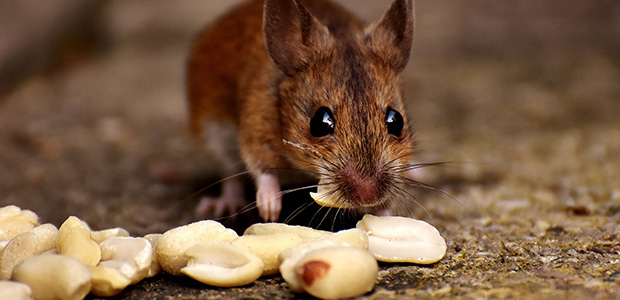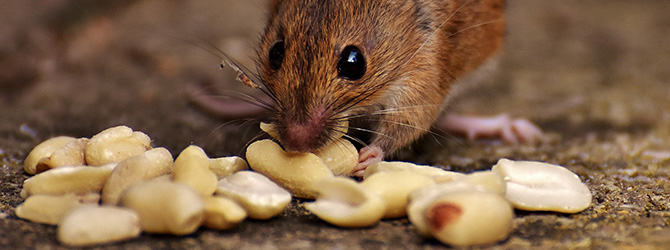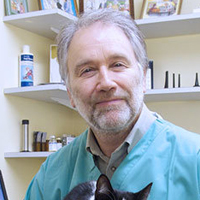What do mice like to eat? A guide to feeding your pet mouse
First Published: 26/02/2020
Last Updated: 10/02/2023
As a dedicated and loving mouse owner, or potential mouse owner, it’ll come as no surprise that mice don’t actually eat cheese.
But what do mice like to eat? Let’s take a look…
Mice are omnivores. In the wild, they dine on plants and grains but enjoy an insect every now and again too. It’s important for a domestic mouse’s diet to mimic a wild mouse’s diet, and for it to contain a variety of foods.
The ideal mouse diet
In order to stay healthy and well-nourished, a mouse’s diet should contain:
- A commercial mouse feed
- Fresh vegetables
- Fresh fruit
- Protein sources, including certain meats, chickpeas, beans and eggs and mealworms
- Fresh water, made readily available throughout the day and night
Just like rabbits, mice eat their own poo. A mouse’s first poo contains nutrients that haven’t yet been digested. This is a normal process and not something to worry about.
Feeding and portion sizes
You may be tempted to overfill your mice’s food bowl and let them come and go as they please – but this isn’t the best option. Instead, leave a small handful of food each day and check up on it before you go to sleep; if they haven’t touched their fresh fruit or veggies, be sure to remove it before it spoils. Your mice should get a new helping of fresh fruit/veggies every day.
Try scattering your mice’s food across their cage too. This will not only keep them well entertained but well fed too. It will also avoid clashes between mice if you have more than 1 of them sharing a cage.

Fruit and veggies
There’s a huge choice of fruits, veggies and herbs that are safe for mice, including:
- Apples
- Pears
- Melon
- Bananas
- Carrots
- Celery
- Peas
- Beans
- Broccoli
- Cabbage
- Sprouts
- Parsley
Try not to overfeed any of the above. Variety is key! Remember that if you’re concerned or have any queries, your vet is always there to help.
Foods to avoid
Steer clear of acidic, citrus-based fruits like lemon, lime and grapefruit. You should also avoid feeding your mice foods that are high in fat, such as bacon, chocolate and baked goods.
Once again, if you’re concerned about a potential food and whether or not it’ll be good for your mice, have a chat with your vet before making any spontaneous decisions.
Things to gnaw
In the wild, mice keep their teeth in good condition by gnawing at various objects. Provide your domestic mice with some objects to gnaw against and it’ll help to look after their mouth… as well as keep them busy. Possible objects include cubes of hay, cardboard, seagrass and various softwoods – as long as they haven’t been painted on or come into contact with any chemicals.
Need more info?
For more help and advice on feeding your pet mice or your mouse’s health and wellbeing, have a chat with your local vet.
Find your nearest vet using our Find a Vet page, or speak to a vet online using Online Vets.


